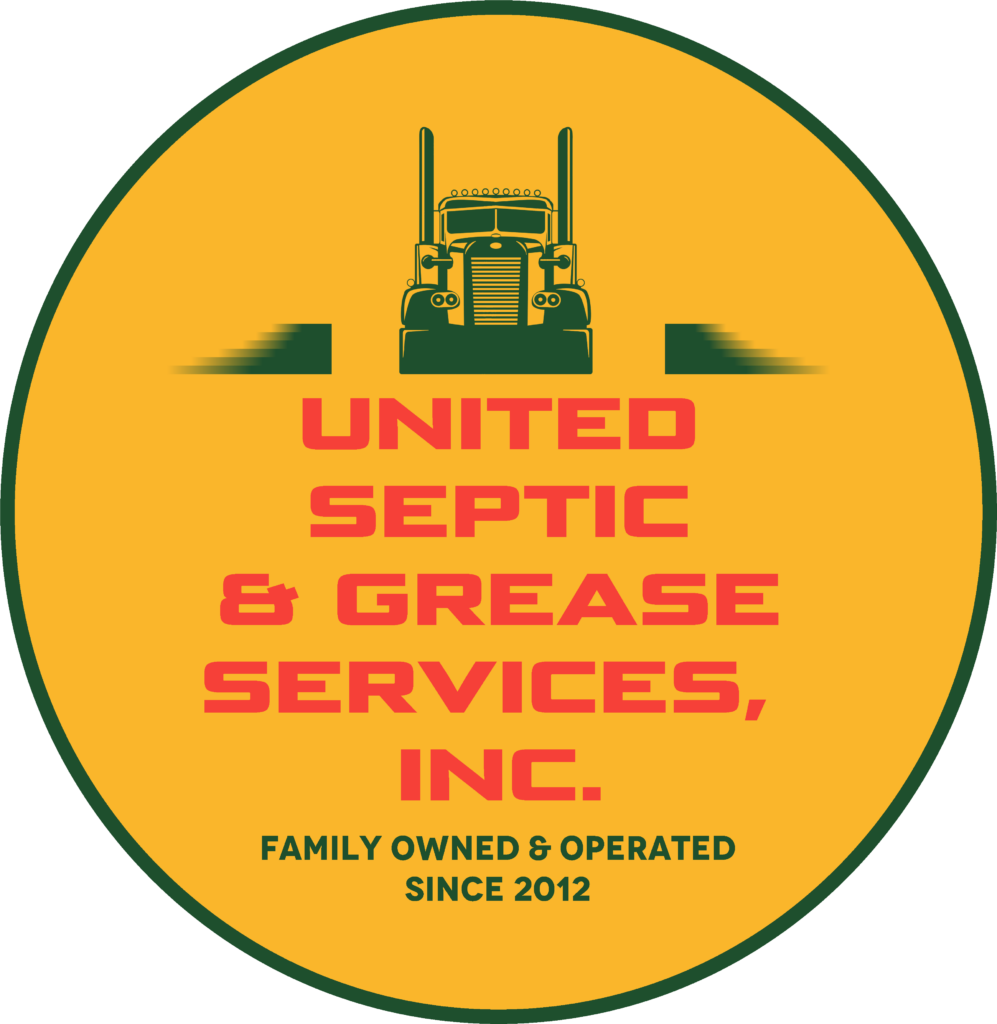Do you need septic cleaning or septic tank pumping
Home > Blog > Professional Septic Services Do you need septic cleaning or septic tank pumping
Do you need septic cleaning or septic tank pumping
Knowing how and when to perform a septic tank pump out is crucial for keeping your septic system functioning as a long-term priority. Keep reading for an in-depth overview of these important aspects of maintenance, when to choose one service over another, and indicators that you may need help immediately.
Septic Tank Pumping
This basic maintenance process is designed to remove much of the liquid and some solids, including those stuck in tree roots, from your septic tank.
Over time, waste material in the tank breaks down and separates into three layers: solids sink and become sludge at the bottom, liquids stay in the middle, and lighter fats and oils rise to the top, forming scum.
Periodic pumping is necessary to remove these layers and prevent them from solidifying, which could trigger blockages or backups in your septic system.
Septic Cleaning
While pumping removes most of the contents, septic cleaning eliminates all of the contents in the tank, including any hardened sludge that may not be dislodged by pumping alone.
During cleaning, the tank can be inspected for leaks, cracks, or other structural damage, and the walls and floor of the tank are scoured using hydro-jetting or mechanical scraping to bring the tank to a nearly-new state. A sporadic or inefficient system can be a sign that you need septic cleaning to clear out the waste and get everything working properly.
When to Opt for Each Service
Septic Tank Pumping (Recommended every 3-5 years, depending): Ideal for maintaining a properly functioning system, particularly after heavy use or before large events with increased water use.
Septic Cleaning is great for corrective maintenance to be done when you start having problems because your maintenance records have not been kept properly, or there is an unexpected blockage, like a brick in the toilet.
Indications That You Require Septic Services
Paying attention to the early warning signs of an impending septic system failure can help you avoid major repairs and a messy cleanup. Common signs include slow draining from your sinks, showers, or toilets, which may indicate a clogged pipe or a problem within the septic system.
Other indicators are foul smells from gases leaking from an overfull or improperly functioning system, pooling water or consistently soft ground around the septic tank or drain field, and sewage backups into the home. Overgrown green or lush grass around the drain field usually indicates either a leak or excessive effluent due to over-fertilizing the area.

Conclusion and Preventative Measures
The best safeguard against these problems and the best assurance that your septic system will remain trouble-free is regular inspection and the establishment of a maintenance schedule.
Should you experience any of the aforementioned signs, it is best to contact a certified septic service provider right away to check and fix the problem.
If you need help with Septic Tank Cleaning Service, our dedicated specialists at United SEptic & Grease Services are here to assist you.
IF YOU ARE LOOKING FOR MIAMI-DADE AND BROWARD COUNTY COMMERCIAL SEPTIC SERVICES
THEN PLEASE CALL 305-878-1885 / 954-778-0477 OR COMPLETE OUR ONLINE REQUEST FORM

Autor / Editor : Jonathan Moreno
Jonathan Moreno is a South Florida Digital Marketing expert with over 12 years of experience with passion for creating hight value content to educate and bring value to visitors.
Related Posts
Most Common Septic System Emergencies
United Septic and Grease: This post will discuss the most frequent septic system emergencies, the...
Read MoreExpert Tips for Choosing the Best Grease Trap Cleaning Service
If you own a restaurant, professional grease trap cleaning services will make your kitchen work...
Read MoreDIY vs. Professional Septic Clean Outs
United Septic and Grease: Frequent septic clean out guarantees that your system runs efficiently and...
Read More